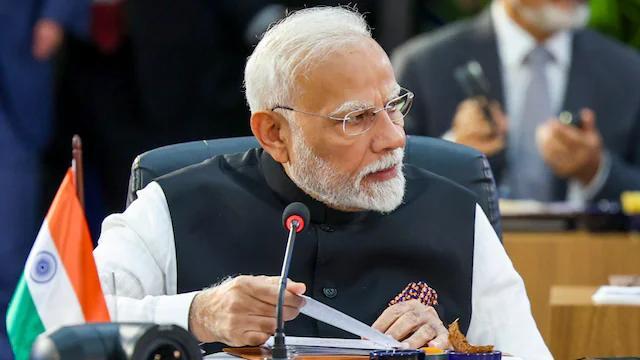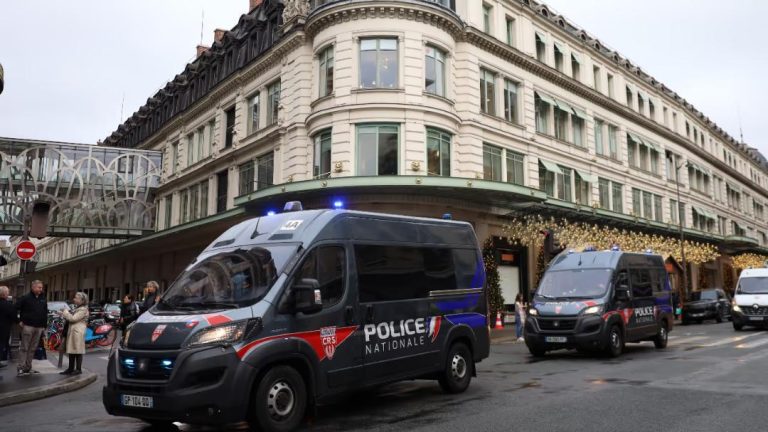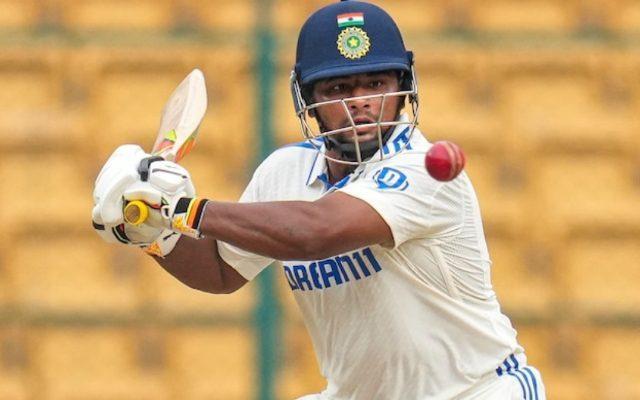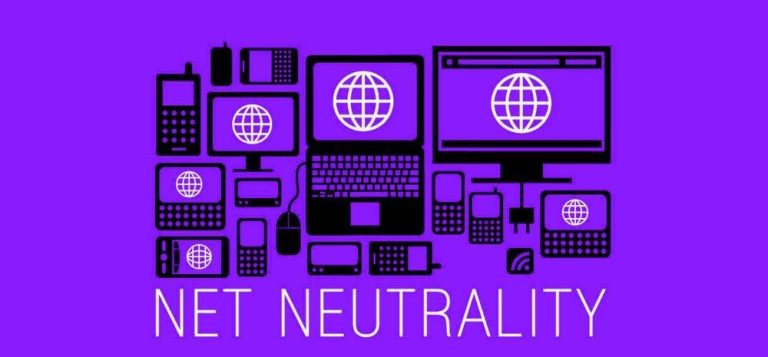
21st-century software can’t run on 20th-century typewriter: PM on reform of global bodies
At the 17th BRICS Summit, Prime Minister Narendra Modi emphasized the need to modernize global institutions like the United Nations Security Council and the World Trade Organization (WTO). In a scathing critique, he likened the current state of these organizations to a 20th-century typewriter struggling to support 21st-century software. The urgent call for reform resonated with the theme of the summit, which focused on the neglect of the Global South and the need for a more equitable and inclusive global order.
The Prime Minister’s remarks were a stark reminder of the outdated nature of many global institutions, which have stagnated in the face of rapid technological advancements and shifting global dynamics. The UN Security Council, for instance, has remained largely unchanged since its inception in 1945, with only a few minor adjustments. Similarly, the WTO has struggled to keep pace with the evolving global trade landscape, often finding itself at odds with the interests of developing countries.
Modi’s comments were not limited to these specific institutions. He also lamented the general lack of recognition and representation given to the Global South, which he perceived as a grave injustice. The Prime Minister emphasized that the Global South, comprising countries like India, Brazil, and South Africa, has made significant strides in recent years, yet continues to be marginalized in global decision-making processes.
The Prime Minister’s remarks were met with widespread approval from other leaders attending the summit. Russian President Vladimir Putin, Brazilian President Jair Bolsonaro, and Chinese President Xi Jinping all echoed Modi’s concerns about the need for reform and greater representation for the Global South.
The neglect of the Global South is a pressing issue that requires immediate attention. The region is home to over 60% of the world’s population, yet its collective GDP is less than half that of the Global North. The disproportionate representation in global institutions is a reflection of this imbalance, with developing countries often relegated to secondary roles while decision-making power remains concentrated in the hands of a few developed nations.
The Prime Minister’s call for reform is not a new one. In recent years, there have been growing calls for a more representative and inclusive global order. The UN Secretary-General, António Guterres, has been a vocal advocate for reform, calling for a more democratic and equitable representation of member states on the Security Council. Similarly, the WTO has faced criticism for its lack of transparency and accountability, with many developing countries calling for greater participation and representation in its decision-making processes.
The BRICS Summit provided a platform for leaders to discuss these issues and explore ways to address them. The summit’s declaration, which was signed by the leaders of Brazil, Russia, India, China, and South Africa, reaffirmed the commitment to promoting economic cooperation, trade, and investment between member states. It also emphasized the need for greater representation and participation of the Global South in global institutions and decision-making processes.
In conclusion, the Prime Minister’s remarks at the BRICS Summit serve as a stark reminder of the urgent need for reform in global institutions. The neglect of the Global South and the outdated nature of these institutions can no longer be ignored. It is imperative that we work towards a more inclusive and representative global order, where the voices and concerns of developing countries are heard and respected.






